|
The TransIT project, co-funded by the Erasmus+ programme of the European Union, develops and provides innovative curricula, educational methods and training courses that guarantee an effective transition to Industry 4.0 standards.
The project will provide a solution for company leaders, industry executives, HR professionals, SMEs and VET centers. Partners in the project are: Trebag (Hungary), NUI Galway (Ireland), Chamber of Commerce and Industry of Slovenia - Institute for Business Education, Weople (Portugal), KISMC (Bulgaria), IDEC (Greece), ARTO (Hungary), Robot-X (Hungary). The TransIT project will produce three main elements that together will form a complete training kit, whereas each element will offer strong capacity building and help to successful adjust to the forthcoming challenges of Industry 4.0 standards.
For more information on the project read here. Did you know that SMEs represent 99% of all businesses in the EU? Or that statistics from the European Commission (EC) outline that in the past five years SMEs have created around 85% of new jobs and have provided two-thirds of the total private sector employment in the EU? The availability of skilled labour is an important prerequisite to the SMEs’ prosperity, however, there is a mismatch between the skills the labour market demands and those that the education and training system provides. In order to tackle this mismatch, the EC has identified that quality work-based learning (WBL) and apprenticeships can be an efficient way of addressing labour market imbalances. What is work-based learning?“Acquisition of knowledge and skills through ‘carrying out – and reflecting on – tasks in a vocational context, either at the workplace (such as alternance training) or in a VET (vocational education and training) institution”. What is apprenticeship? “Systematic, long-term training alternating periods at the workplace and in an educational institution or training center. The apprentice is contractually linked to the employer and receives remuneration (wage or allowance). The employer assumes responsibility”. In countries, where there is a well-established apprenticeship system, such as UK, Austria and Germany, SMEs contribute strongly to the training of the future workforce through their involvement in work-based learning and apprenticeship schemes. On the contrary, in countries with more school-based systems such as Slovakia, Spain, Portugal, Greece and Bulgaria, the engagement of SMEs in the supply of placements is more challenging as they lack the support systems and fail to realize both the financial and social benefits. Based on this need, the project - “Return on Investment of Work Based learning and apprenticeships” (project N°: 2017-1-SK01-KA202-035375) suggests the development of a return on investment (RoI) model and digital tool that will allow European SMEs to calculate and visualize how investment on WBL and apprenticeships can manifest to multiple benefits, especially economic benefits, which you can have a glimpse on below. 10 Economic benefits for SMEs
ConclusionIn conclusion, there are a number of key benefits of work-based learning and apprenticeships for SMEs, which are not always considered by the companies. If you are leading one of the 99% of SMEs in the EU, wouldn't you want to increase your productivity and innovation capacity? Or strengthen your brand as an employer, develop your talent in-hose and increase your retention rate? Overall, wouldn't you want to decrease your talent acquisition costs? If every employer asks themselves these questions, it appears significantly evident how important it is to review their practices regarding work-based learning and apprenticeships and to better evaluate their future investment. However, more awareness needs to be raised about the benefits of WBL and apprenticeship among SMEs as well as support. “Return on Investment of Work Based learning and apprenticeships”, co-funded by the Erasmus+ programme of the European Union has developed a return on investment (RoI) model and digital tool that allows European SMEs to calculate and visualize how investment on WBL and apprenticeships can manifest to multiple benefits.
The international conference "Digital Skills & Innovation @2030" that took place on 11 July 2018 in Sofia, Bulgaria was attended by more than 150 delegates from various countries. The event was organised by the two partners of the "Design Thinking for Digital Innovation' Project - DigiThink No. 2016-1-BG01-KA203-023719 - KISMC and ULSIT, co-funded by the Erasmus+ programme of the European Union. The conference was organised to reveal the results of the 2-years DigiThink project, where 6 organisations were working together: KISMC - Bulgaria, State University of Library Studies and IT - Bulgaria, University of Deusto - Spain, Tecnalia - Spain, Constantine the Philosopher University in Nitra - Slovakia, Training 2000 - Italy. In addition to that, the international conference "Digital Skills & Innovation @2030" brought together innovation and digital experts, entrepreneurs, investors, academicians, professionals and stakeholders in the innovation and entrepreneurship ecosystem. During the event like-minded people had the opportunity to exchange views on various topics in the digital, innovation and entrepreneurship space and discuss potential collaboration. After months of preparation and hard work during the conference all DigiThink project partners shared the results of the project, whereas the conference had amazing speakers from the UK, Spain, Italy, Romania, the Netherlands, Macedonia and Bulgaria. Moreover, the conference had a workshop panel during which all delegates had a chance to participate in a competition game for design thinking, focused on the digitization and transformation of Sofia into a smart city and during the process they had to generate and share ideas and solutions in this direction. The event was full of excitement, great networking over glasses of wine and plenty of follow ups bringing potential opportunities for everyone. If you didn't have a chance to join us at this illuminating event, we have recapped it in 13 interesting insights from the speakers, therefore please check them out below: 1. Design Thinking for DigiThinkAn approach based on Design Thinking was followed in the “Digithink” Project.
|
KISMC TeamBlog post by our team, innovation contributors, VIP members, blog guests, etc. Archives
January 2024
Categories
All
|
|
The Knowledge, Innovation and Strategies Management Club is a non-profit organisation set up in Sofia, Bulgaria in 2012 to foster knowledge and innovation management across South East Europe. KISMC is supporting the development of the innovation ecosystem in the region by bridging the gap between education, research and business.
|
© COPYRIGHT 2013- 2021. KISMC. ALL RIGHTS RESERVED.
|






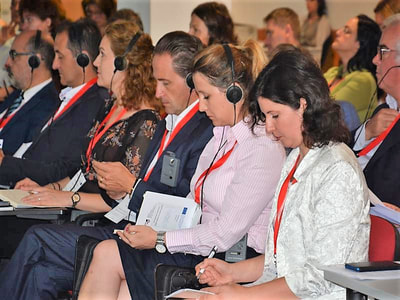
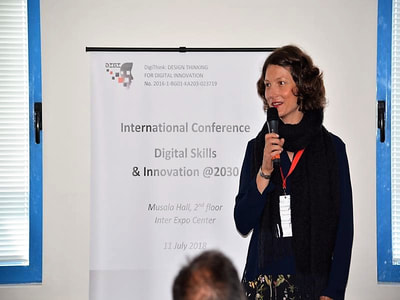
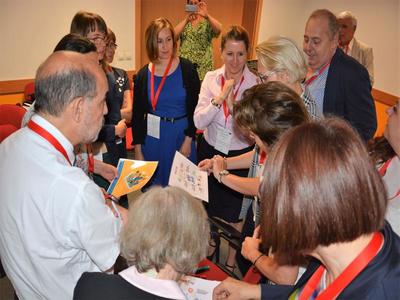
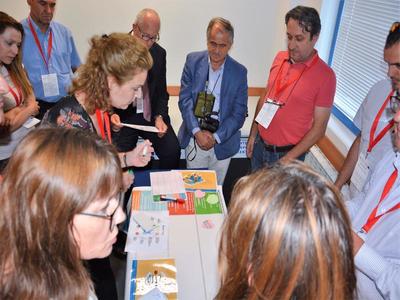
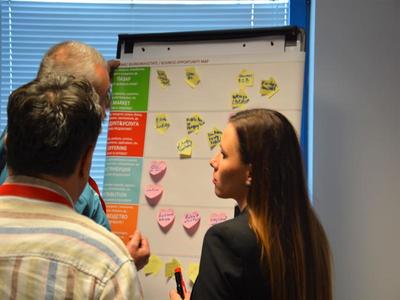
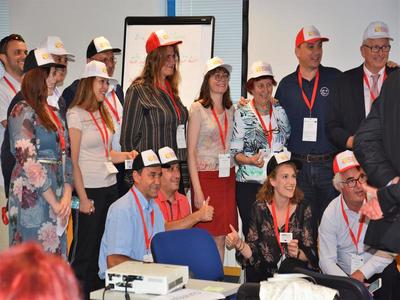
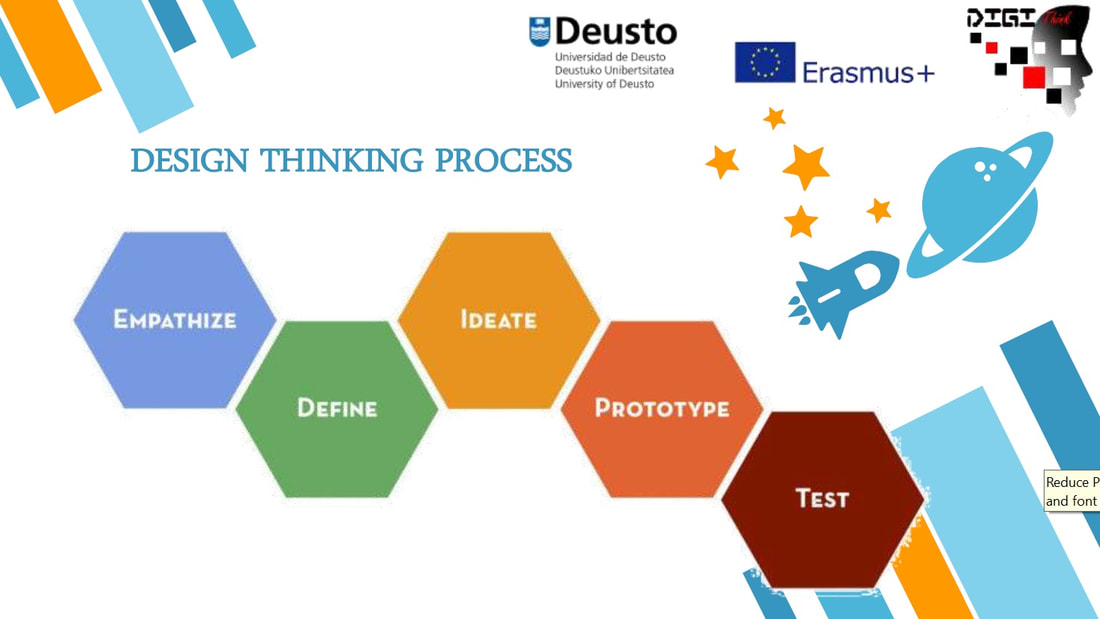
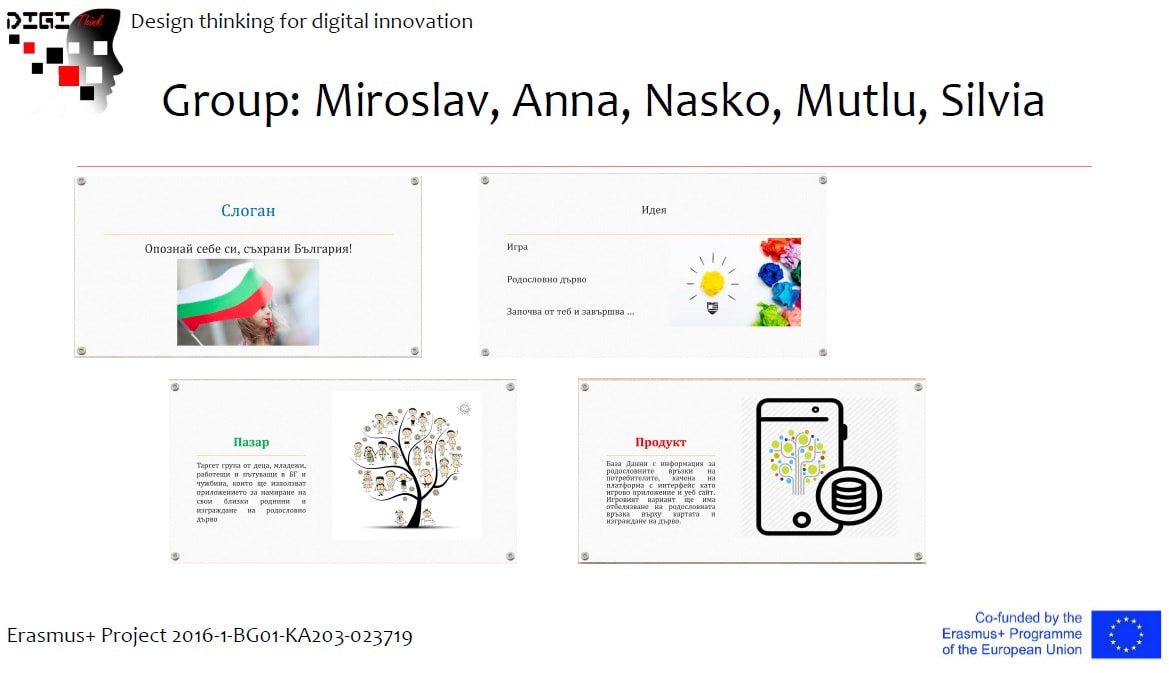
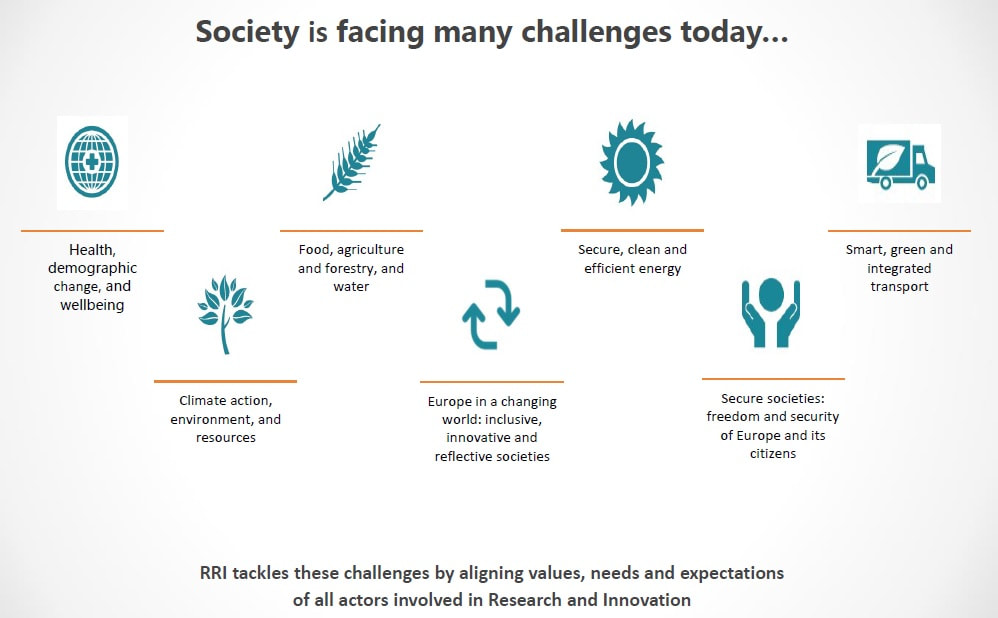
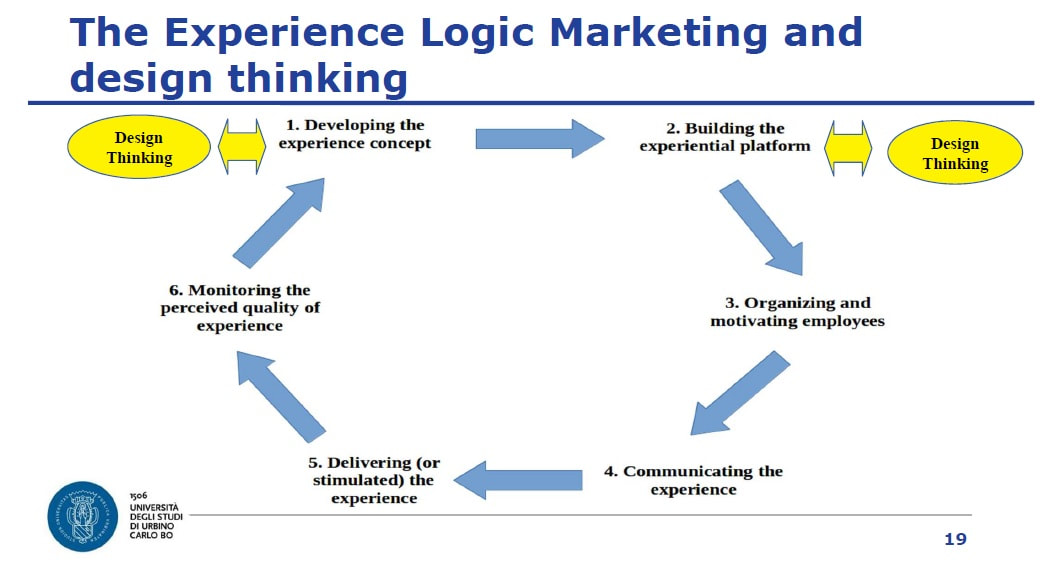
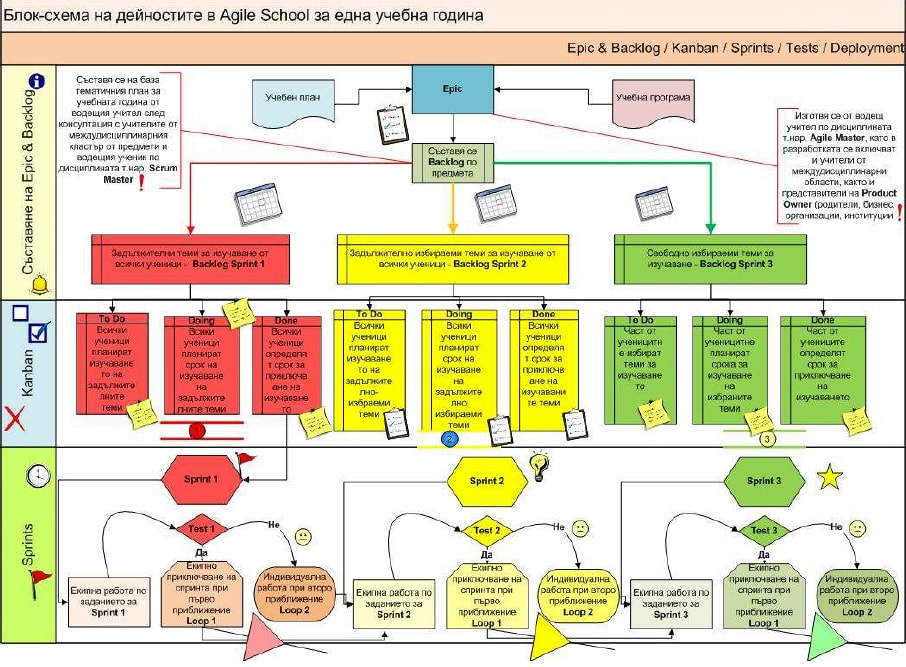
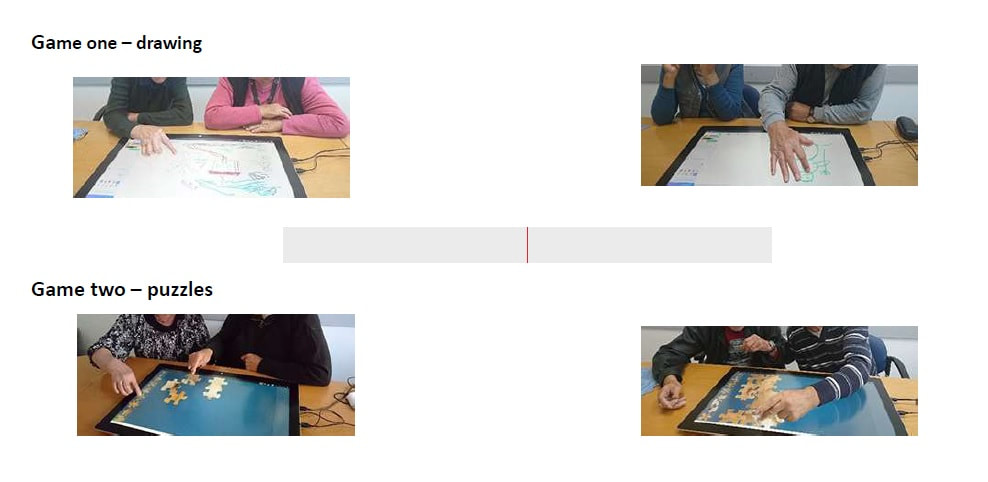
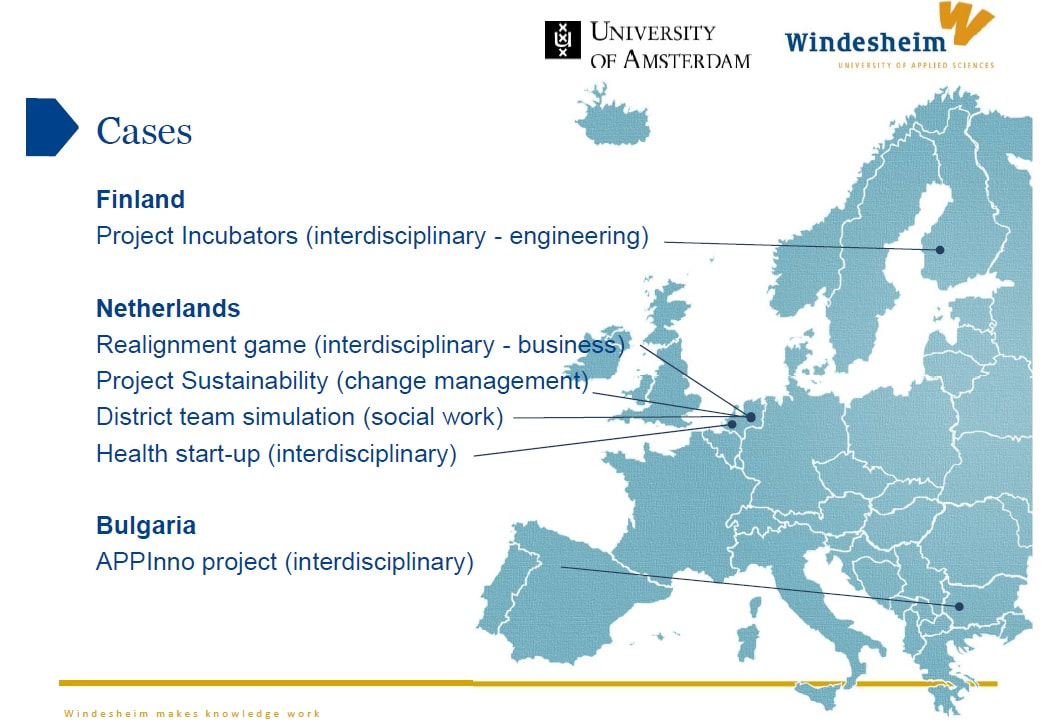
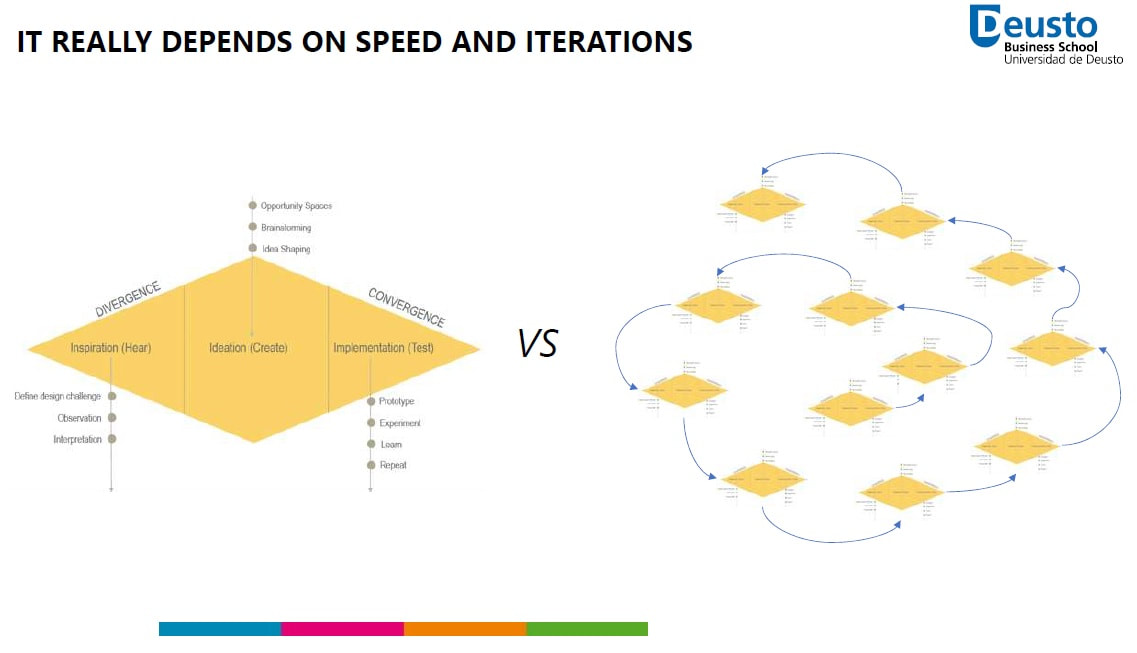
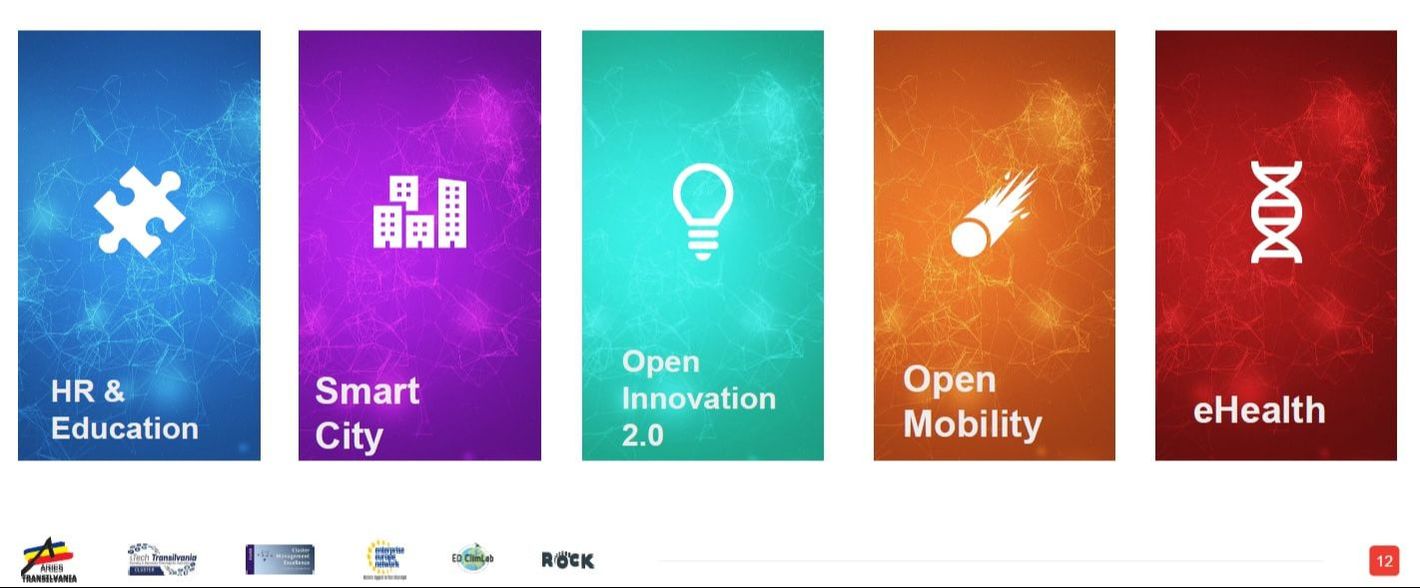
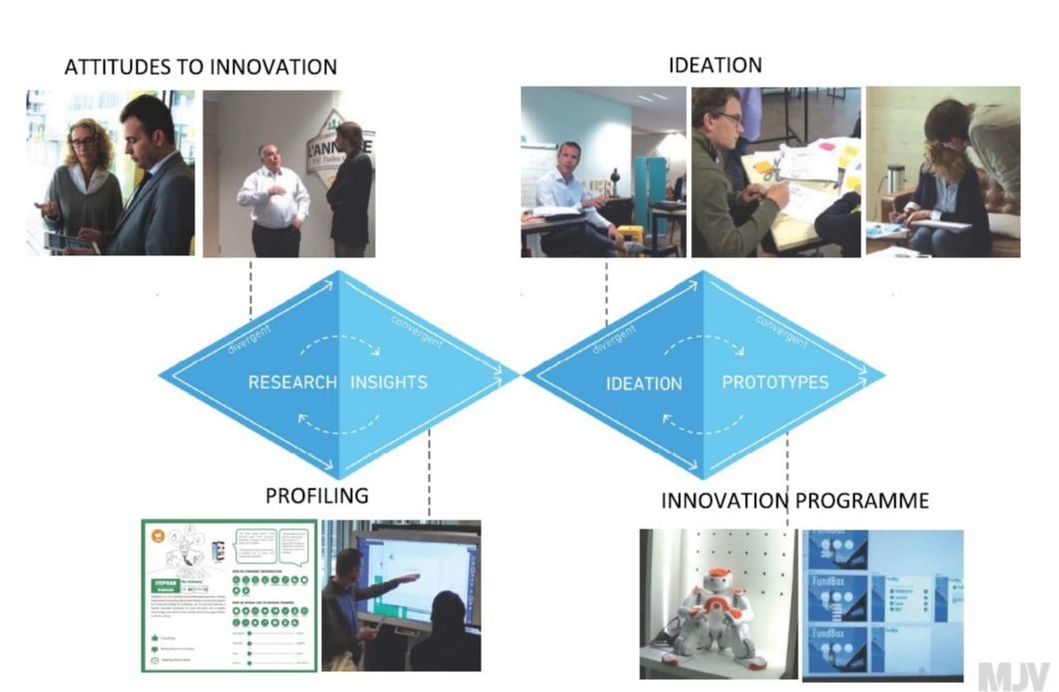
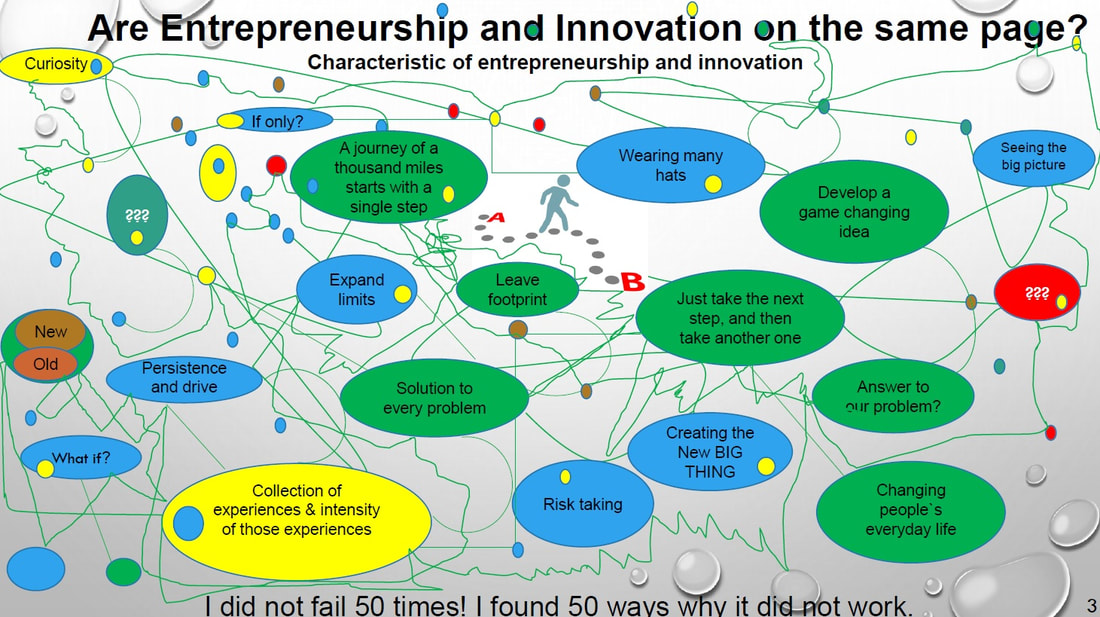
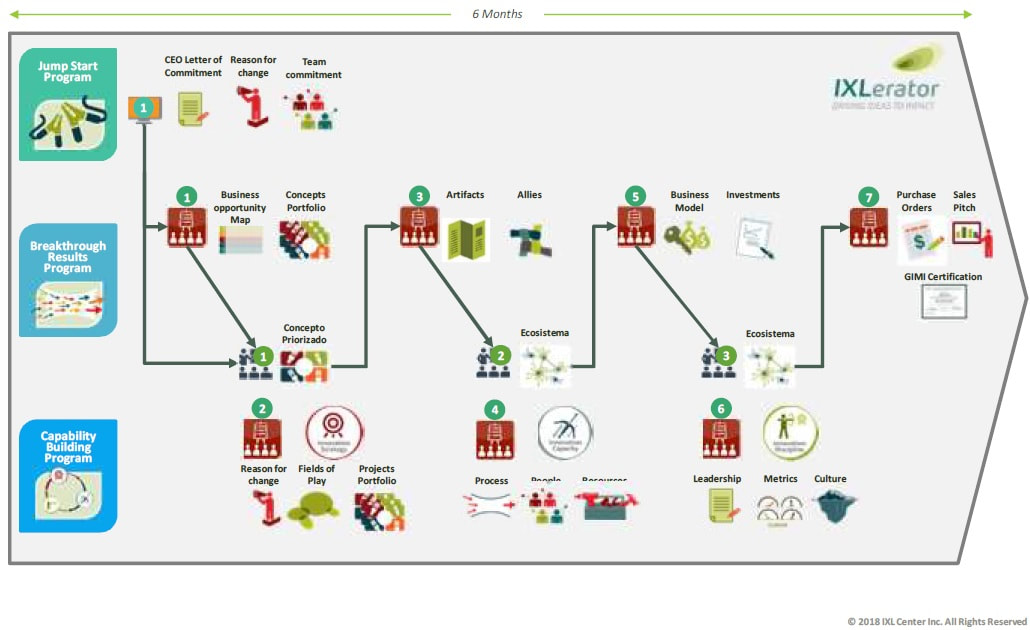
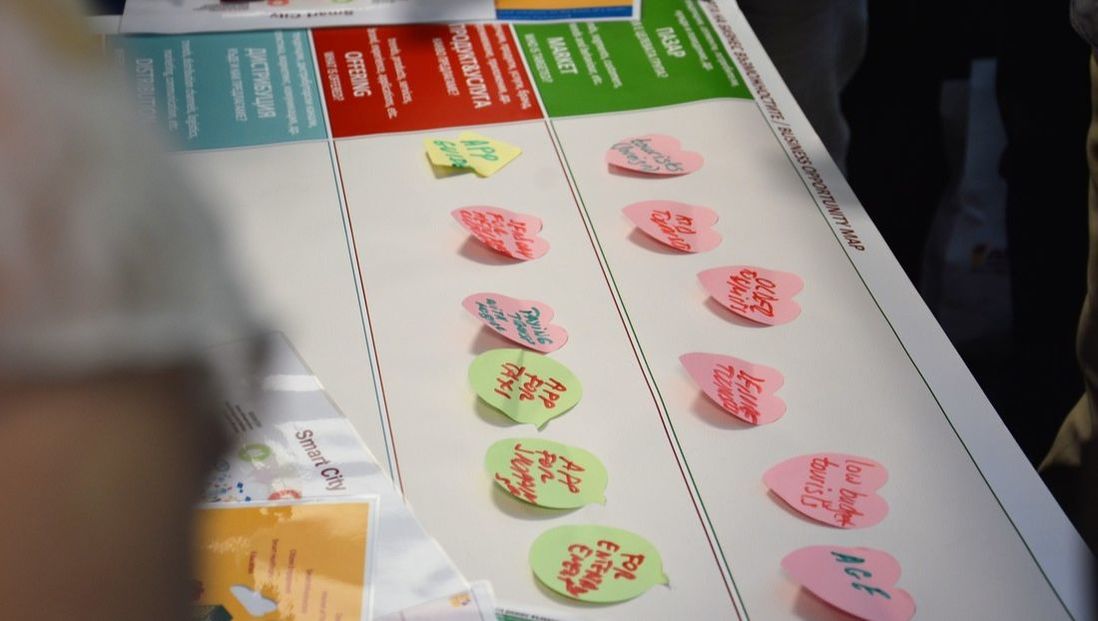



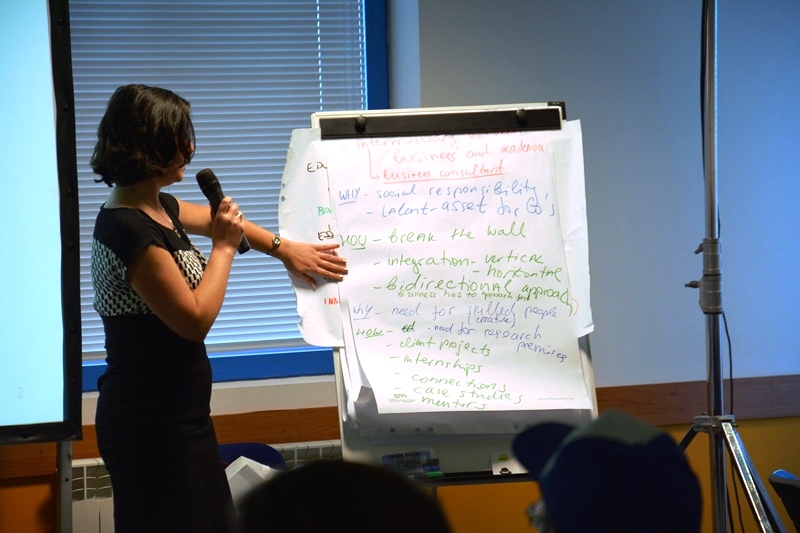
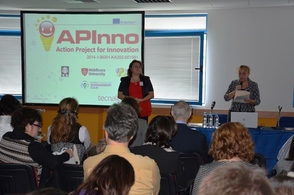
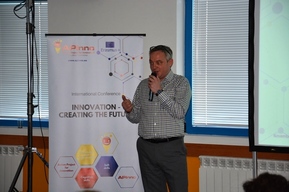
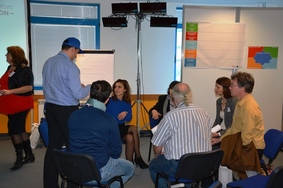
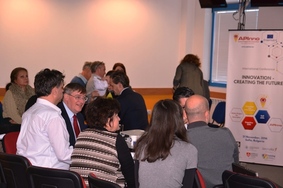
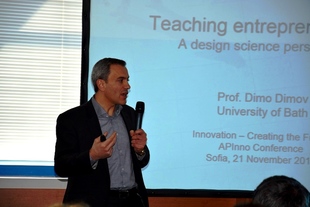
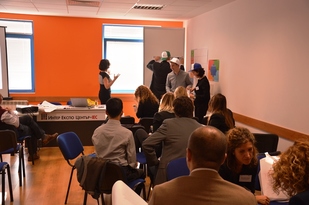
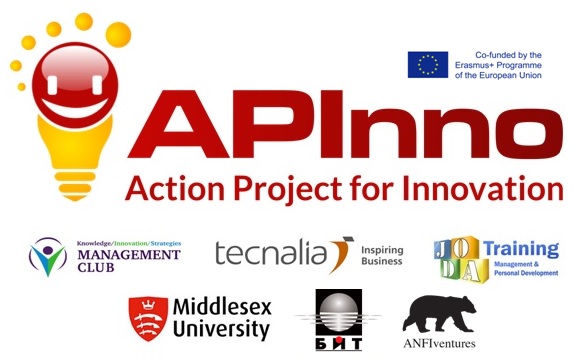









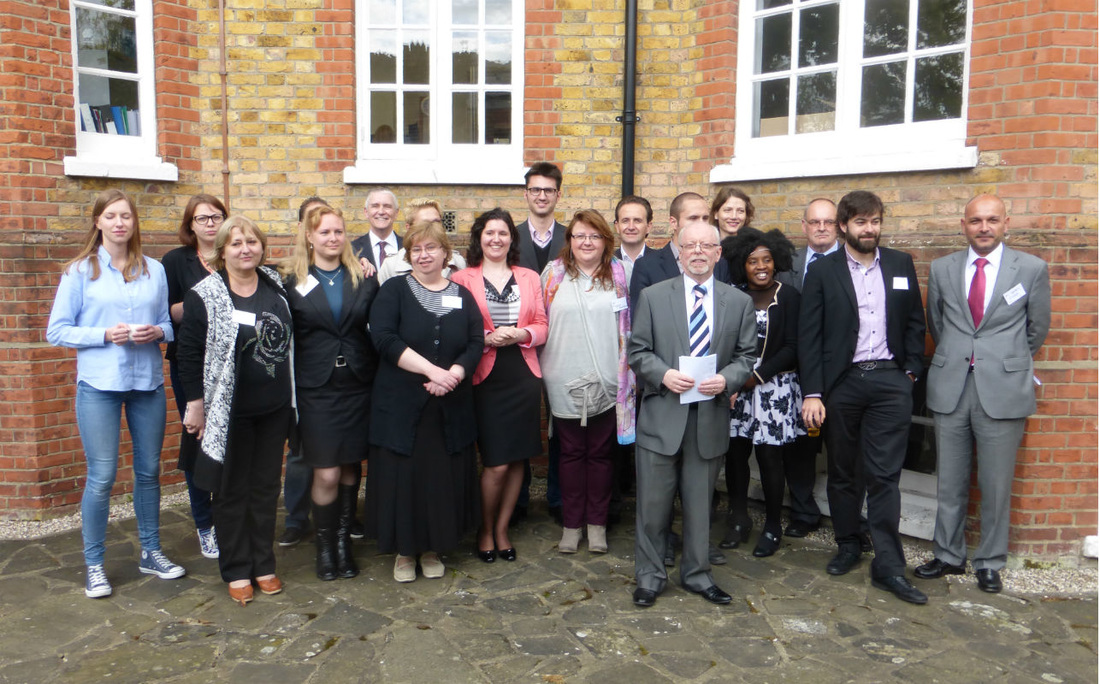
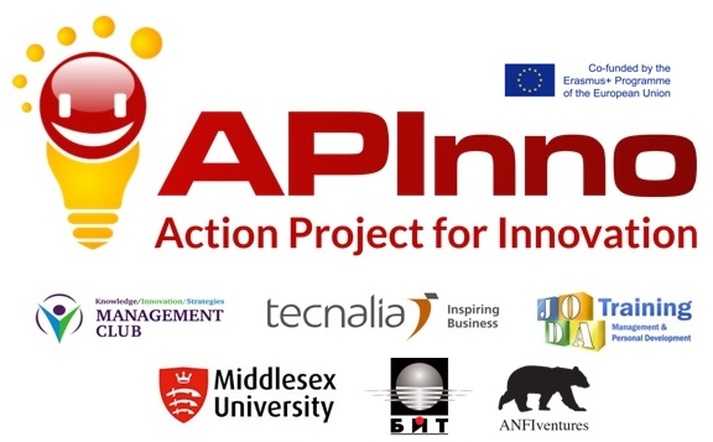
 RSS Feed
RSS Feed